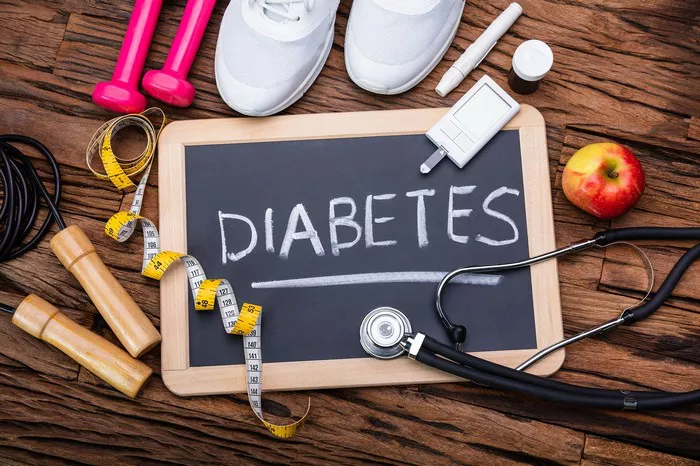Pancreatitis is a condition characterized by inflammation of the pancreas, an organ located behind the stomach. Hyperglycemia refers to elevated blood sugar levels, which can occur when the body does not produce enough insulin or becomes resistant to its effects. Pancreatitis can lead to hyperglycemia through various mechanisms, including damage to insulin-producing cells in the pancreas and disruption of blood sugar regulation.
The Role of the Pancreas
The pancreas plays a crucial role in regulating blood sugar levels through the production of hormones such as insulin and glucagon. Insulin helps lower blood sugar levels by facilitating the uptake of glucose into cells for energy production, while glucagon raises blood sugar levels by stimulating the liver to release stored glucose into the bloodstream. Together, these hormones maintain blood sugar levels within a narrow range, ensuring that cells have a constant supply of energy.
Pathophysiology
Pancreatitis can impair islet cell function in the pancreas, leading to reduced insulin secretion and impaired blood sugar regulation. The inflammatory process associated with pancreatitis can damage pancreatic tissue and disrupt the normal functioning of insulin-producing cells. Chronic inflammation can also lead to fibrosis, or scarring of the pancreas, further impairing its ability to produce insulin.
Types of Pancreatitis
There are two main types of pancreatitis: acute and chronic. Acute pancreatitis is a sudden inflammation of the pancreas, often triggered by gallstones or excessive alcohol consumption. Chronic pancreatitis is a long-term inflammation of the pancreas that can lead to permanent damage and impairment of pancreatic function. Both types of pancreatitis can affect blood glucose levels, with acute pancreatitis causing transient hyperglycemia and chronic pancreatitis leading to persistent hyperglycemia.
Complications
Potential complications of pancreatitis include pancreatogenic diabetes, a form of diabetes that occurs as a result of pancreatic disease or injury. Chronic inflammation and damage to the pancreas can lead to a progressive decline in insulin production, resulting in persistent hyperglycemia. Additionally, chronic inflammation can damage insulin-producing cells in the pancreas, further exacerbating blood sugar dysregulation.
Management and Treatment
Managing hyperglycemia in the context of pancreatitis often involves a combination of lifestyle modifications and medication. For acute pancreatitis, treatment focuses on addressing the underlying cause of inflammation and providing supportive care to manage symptoms. In chronic pancreatitis, treatment may include oral medications or insulin therapy to achieve adequate blood sugar control. Lifestyle changes such as maintaining a healthy diet, exercising regularly, and avoiding alcohol can also help manage hyperglycemia.
Prevention and Risk Reduction
Reducing the risk of developing pancreatitis and subsequent hyperglycemia involves adopting a healthy lifestyle, including maintaining a balanced diet, avoiding excessive alcohol consumption, quitting smoking, and maintaining a healthy weight. Regular monitoring of blood sugar levels and adherence to prescribed treatment regimens are essential for preventing complications associated with pancreatogenic diabetes.
Latest Research and Findings
Recent studies have highlighted the role of inflammation in the development of pancreatitis and its impact on blood glucose regulation. A study published in the Journal of Clinical Investigation found that inflammatory cytokines produced during pancreatitis can impair insulin signaling and contribute to hyperglycemia. Additionally, research has shown that targeting inflammatory pathways may offer new treatment strategies for pancreatitis-induced hyperglycemia.
Conclusion
In conclusion, pancreatitis can lead to hyperglycemia through various mechanisms, including damage to insulin-producing cells in the pancreas and disruption of blood sugar regulation. Understanding the link between pancreatitis and hyperglycemia is essential for effectively managing blood sugar levels and preventing complications associated with pancreatogenic diabetes. By adopting a comprehensive approach to treatment and lifestyle modifications, individuals with pancreatitis can achieve better blood sugar control and improve their overall health and well-being.
Related Topics:
Does Hyperglycemia Cause Nausea?
What Should You Eat Immediately If Your Blood Sugar Is High?
























